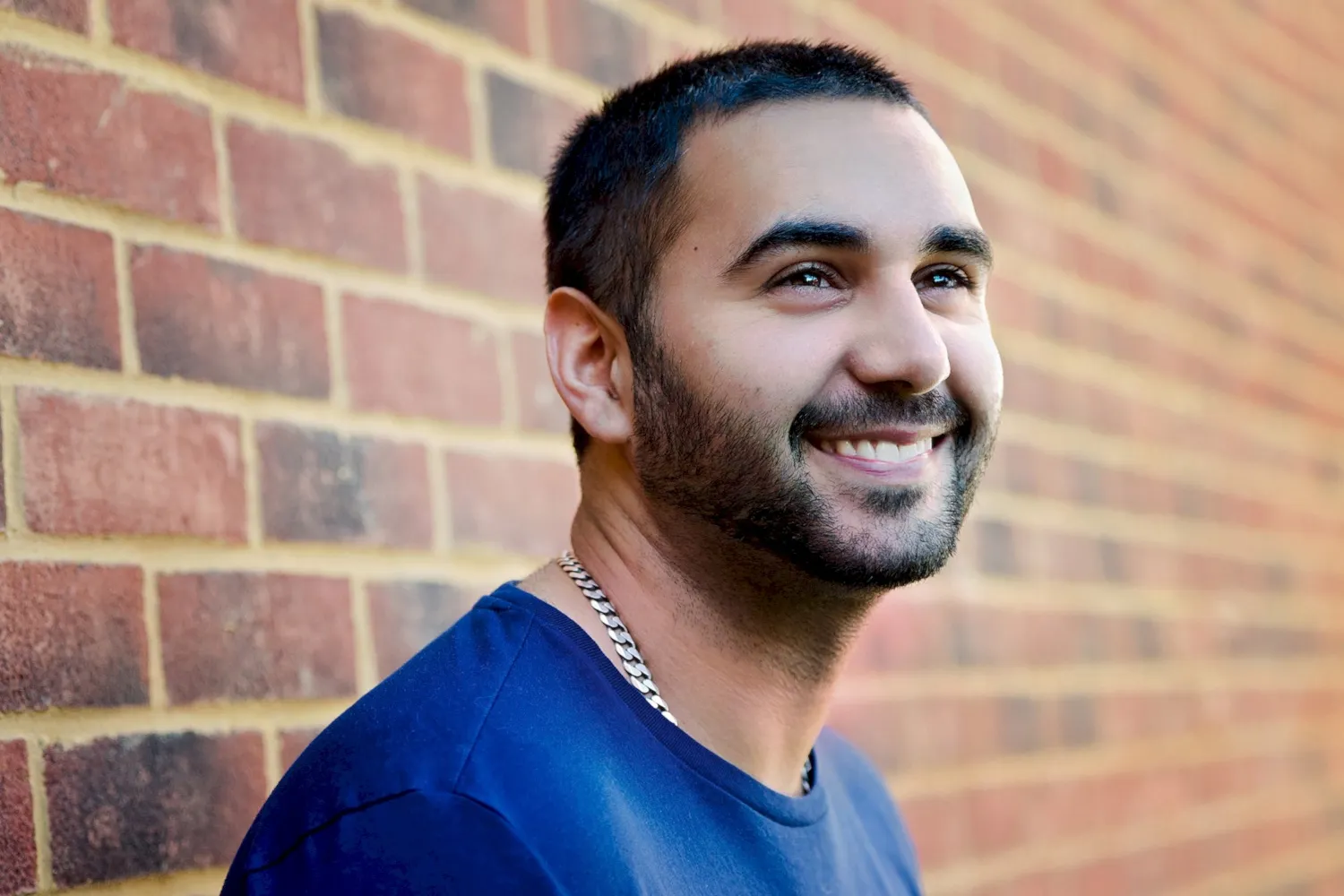
Are you or someone you love addicted to Opium?
If you answered yes, then it’s important to know everything regarding the drug.
Below we will explain what opium is, what the signs and symptoms of someone who is addicted to it are and lastly, how it can be treated.
What is Opium?
Used as a pain-killing drug in the 1800’s. Opium is a highly addictive drug that is manufactured from the seeds of the poppy plant.
Opium has similar sedative-like effects to that of Morphine and it is this reason that makes it so popular and widely used today.
Opium is commonly smoked, however may also be eaten and taken intravenously through injection. The drug may also come in the form of a powder or as a solid brown rock.
These days, various doctors use Opium in the treatment of cancer instead of using Morphine, however it is pricey and when it is used incorrectly, the effects may be lethal.
When the drug is used excessively, it is easy for people to become dependent on its painkilling effects and individuals may also build up a higher tolerance to the drug, meaning that in order to achieve an effect that was once felt through low dosages, can now only be felt through bigger dosages.
Signs and Symptoms of Opium Addiction
A simple way to check if you or a loved one is addicted to opium is to stop using the drug and see if any withdrawal symptoms are suffered.
Some of the withdrawal symptoms may range from obsessing and craving the drug, loss of appetite and weight, nausea, headaches, paranoia, hallucinations and constant confusion, runny noses and glazed eyes, sleeplessness.
It will also begin to affect the way the addict lives their life and their careers, studies, personal relations and hygiene with be neglected. The individual will also try to isolate them self from their loved ones and peers.
Opium Addiction Treatment
If you linked any of the above symptoms with yourself or a loved one, then it’s important that professional medical help is sought after immediately.
The best way to treat an Opium addiction is by residing in a rehabilitation centre, where a medical detoxification will be done in order to help ease the effects of any withdrawal symptoms.
The length of an addicts stay in rehab will be determined by the type of addiction suffered and the severity of it. In treatment, the addict will be educated about their addiction and how it can be avoided in the future.
Once discharged, it is key that Secondary Care is done, as the chances of a relapse are most prevalent after the recovering addict has been released from the rehabilitation centre.
Secondary Care will serve as a continuation of what was taught in rehab and will prepare the individual for a safe return into society.
Tertiary Care is also available for those looking to remain sober and to ensure that they live a drug-free life.
For more information regarding treatment, call us now and our qualified addiction counsellors will help in finding the best rehabilitation centre suited to you or your loved one’s needs.